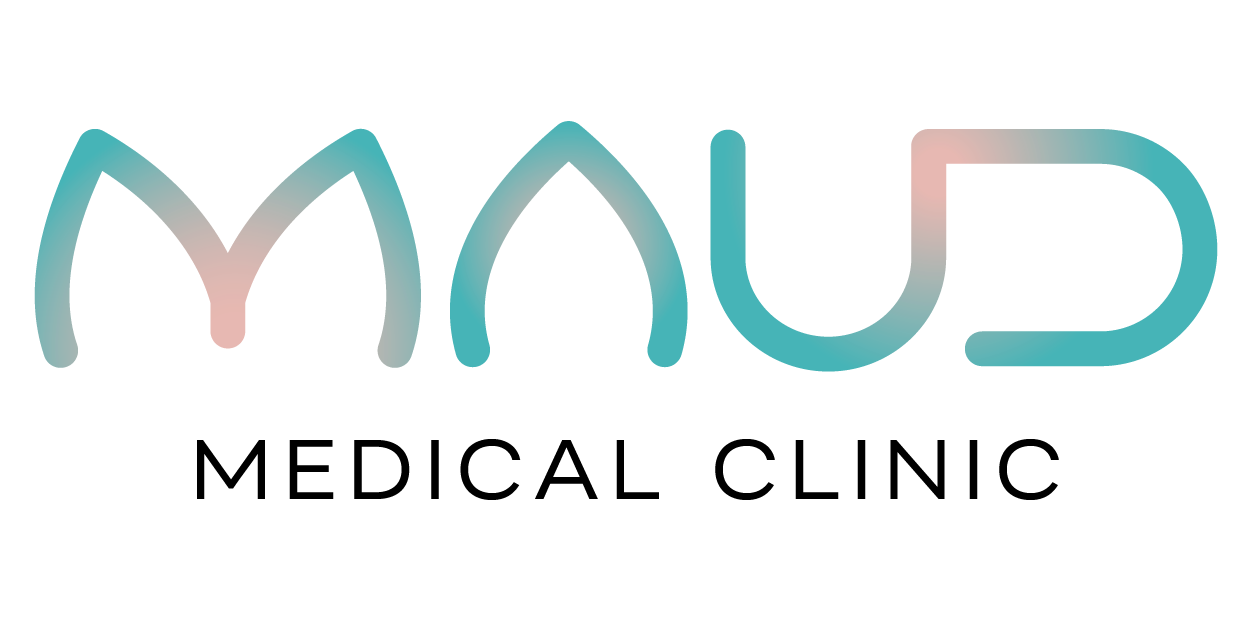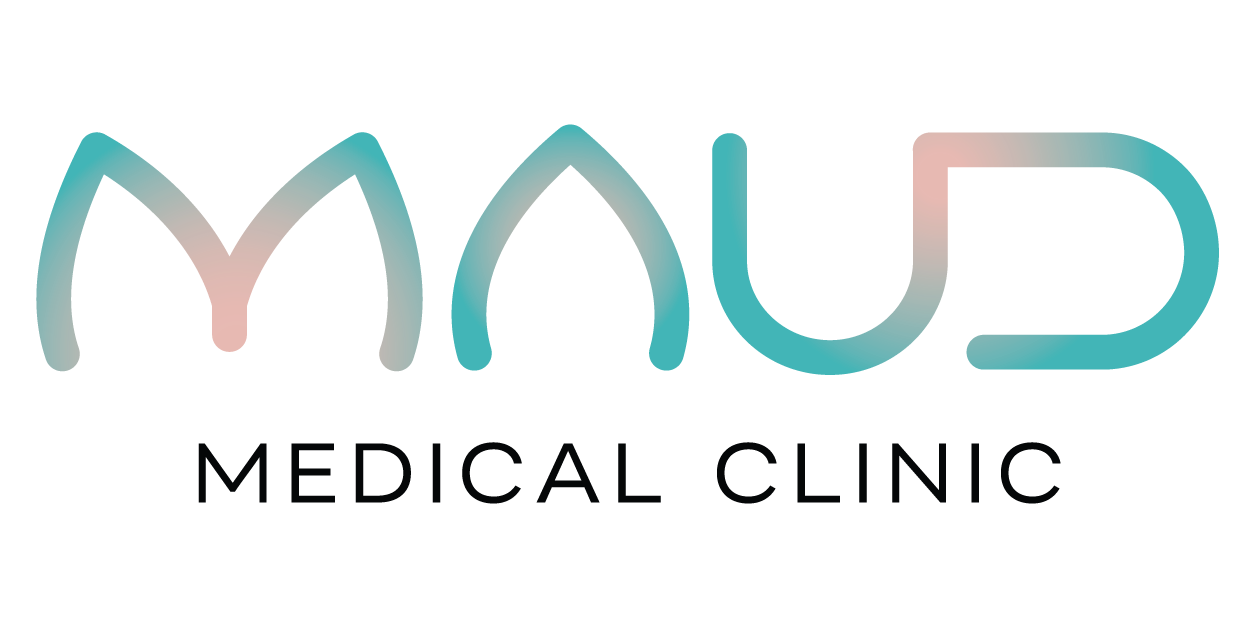IUB vs IUD
IUB vs. IUD: Understanding the Differences and Exploring Contraceptive Options
When it comes to long-term, reversible contraception, intrauterine devices (IUDs) have long been a popular choice. However, a newer option, the Intrauterine Ball (IUB), is gaining attention for its innovative design and potential benefits. Understanding how these two options differ and what other methods are available can help you make an informed decision about your reproductive health.
What Is an IUB?
The IUB (Intrauterine Ball) is a small, flexible contraceptive device made of a special memory alloy (nitinol) and coated with copper. Unlike the traditional T-shaped IUD, the IUB is spherical. This ball-shaped design allows it to better adapt to the natural shape of the uterus, potentially reducing discomfort and lowering the risk of complications such as perforation or expulsion.
The IUB releases copper ions into the uterus, which creates an environment that makes it difficult for sperm to fertilize an egg. It does not contain hormones, making it suitable for individuals who prefer or require non-hormonal contraception.
What Is an IUD?
An IUD (Intrauterine Device) is a small, T-shaped device that is placed inside the uterus by a healthcare professional. There are two main types:
Copper IUDs: Like the IUB, these are hormone-free and work by releasing copper ions.
Hormonal IUDs: These release small amounts of progestin, which thickens cervical mucus, thins the uterine lining, and sometimes suppresses ovulation.
IUDs can be effective for 3–12 years, depending on the type, and have been widely studied for their safety and efficacy.
Key Differences Between IUB and IUD
Shape and Design
IUB: Spherical and flexible, designed to conform to the uterus’ natural shape.
IUD: T-shaped, which may not fit all uterine anatomies as comfortably.
Insertion Experience
The IUB's rounded shape may reduce discomfort during insertion and lessen the likelihood of perforation or injury.
Some users of traditional IUDs report more initial cramping or spotting.
Risk of Complications
Some studies suggest the IUB may have a lower expulsion rate compared to some IUDs, though more large-scale research is needed.
Hormonal vs. Non-Hormonal Options
IUBs are always non-hormonal.
IUDs are available in both hormonal and non-hormonal versions, providing more variety.
Effectiveness of IUB vs. IUD
Both IUBs and IUDs are two of the most effective reversible contraceptives, both with more than 99% effectiveness when present. Both share similar effectiveness, but long-term data for access to IUBs is still rising since they are newer on the market compared to IUDs.
Who Might Choose an IUB?
An IUB may be an appealing option for:
Those who want a hormone-free method.
Individuals who have experienced discomfort with a T-shaped IUD.
People seeking a smaller, more flexible device that may reduce the likelihood of uterine irritation.
However, availability can be limited, and not all healthcare providers are trained in IUB placement. It's always recommended to chat with your physician to see what is best for you.
Other Contraceptive Options
While IUBs and IUDs are excellent choices for many, they are not the only methods available. Other contraceptives include:
Oral Contraceptives (The Pill)
Hormonal pills taken daily to prevent ovulation.
Requires consistency and may cause side effects like nausea or mood changes.
Contraceptive Implant
A small rod (such as nexplanon) inserted under the skin of the arm that releases hormones.
Can be effective for up to 3 years.
Vaginal Ring
A flexible ring inserted into the vagina, releasing hormones locally.
Replaced monthly.
Barrier Methods
Condoms, diaphragms, and cervical caps physically prevent sperm from reaching the egg.
Also protect against sexually transmitted infections (STIs), which IUBs and IUDs do not.
Injectable Contraceptives
Hormonal injections every three months to suppress ovulation.
Choosing the Right Contraceptive for You
The best contraceptive method depends on personal preferences, medical history, and lifestyle. Factors to consider include:
Whether you want hormones or prefer hormone-free.
How long you want contraception to last.
Whether you also need protection from STIs.
Your comfort level with procedures like insertion.
It's always recommended to speak to your physician to see what is best for you.
Maud Medical Clinic in Calgary offers a special IUD Clinic that is dedicated to caring for patients with the kindness, expertise of expert physicians. From consultation through insertion or removal, our doctors take care that each step is educational, comfortable, and customized to your health requirements
Both of our hormonal options, and our non-hormonal copper IUDs are here to help you make the best decision for your lifestyle and preferences
IUBs and IUDs offer reliable, long-term contraception. The IUB’s innovative spherical design may provide advantages in comfort and fit, particularly for those who have had issues with traditional T-shaped devices. Still, IUDs remain widely available, highly effective, and come in more varieties (hormonal and non-hormonal).
Discussing your options with a knowledgeable healthcare provider will help ensure you select the method that aligns best with your health needs and lifestyle.

